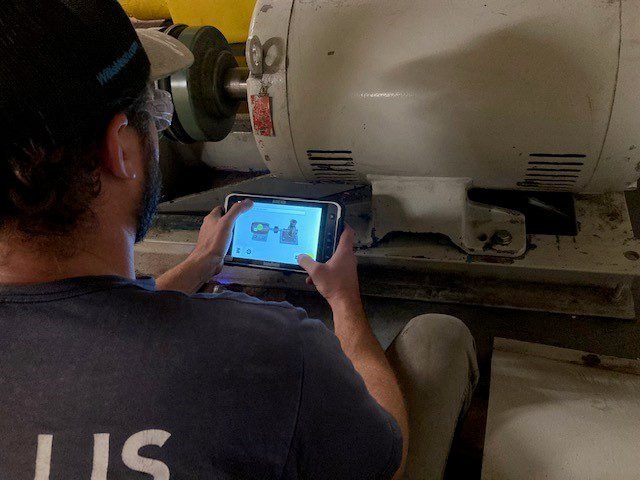Introduction
In the world of commercial plumbing, ensuring the safety and integrity of the water supply is of utmost importance. One crucial aspect of maintaining a safe water system is backflow prevention. In this article, we will explore what backflow prevention is, how it works, the problems it solves, its cost and affordability, and other related services.
What is Backflow Prevention?
Backflow prevention refers to the measures taken to prevent the reverse flow of contaminated or non-potable water into the clean water supply. This can occur when there is a sudden drop in water pressure or a back-siphonage event, which can happen due to various reasons such as a burst pipe or a fire hydrant being opened.
How Does Backflow Prevention Work?
Backflow prevention devices are installed in the plumbing system to prevent the reverse flow of water. These devices are typically installed at key points where the risk of backflow is high, such as irrigation systems, fire sprinkler systems, and boiler systems.
There are several types of backflow prevention devices, including:
- Pressure Vacuum Breakers (PVB)
- Double Check Valve Assemblies (DCVA)
- Reduced Pressure Zone Assemblies (RPZ)
These devices work by creating a physical barrier that prevents the contaminated water from flowing back into the clean water supply. They are designed to automatically close when a drop in pressure is detected, effectively stopping the reverse flow.
Problems Solved by Backflow Prevention
Backflow prevention plays a vital role in maintaining the safety and quality of the water supply in commercial buildings. By preventing the backflow of contaminated water, it helps to avoid potential health hazards and ensures compliance with local regulations and codes.
Some of the problems that can be solved by backflow prevention include:
- Preventing the contamination of potable water with chemicals, bacteria, or other pollutants
- Protecting the water supply from cross-connections, where non-potable water can accidentally mix with potable water
- Minimizing the risk of waterborne diseases and illnesses
Cost and Affordability
The cost of backflow prevention services can vary depending on several factors, such as the size of the building, the complexity of the plumbing system, and the type of backflow prevention device required. It is important to consult with a professional commercial plumbing contractor to assess the specific needs of your building and provide an accurate cost estimate. Average cost of backflow prevention services is $200-$400.
While the initial installation cost of backflow prevention devices may seem significant, it is crucial to consider the long-term benefits and potential cost savings. By preventing water contamination and ensuring compliance with regulations, backflow prevention can help avoid costly legal issues, health risks, and damage to reputation.
Other Backflow Prevention Services
In addition to the installation and maintenance of backflow prevention devices, commercial plumbing contractors offer a range of related services to ensure the ongoing safety and efficiency of the plumbing system. These services may include:
- Annual backflow testing and certification
- Repairs and replacements of faulty backflow prevention devices
- Consultation and compliance assessment
- Education and training on backflow prevention
By partnering with a reputable commercial plumbing contractor in Atlanta, you can ensure that your backflow prevention needs are met effectively and efficiently.
Conclusion
Backflow prevention is a critical component of commercial plumbing systems, ensuring the safety and integrity of the water supply. By understanding what backflow prevention is, how it works, and the problems it solves, commercial building owners can make informed decisions about the installation and maintenance of backflow prevention devices. While the cost of these services should be considered, the long-term benefits and peace of mind they provide far outweigh the initial investment.
Remember to consult with a professional commercial plumbing contractor in Atlanta, Willis Mechanical, to assess your specific needs and ensure compliance with local regulations.
